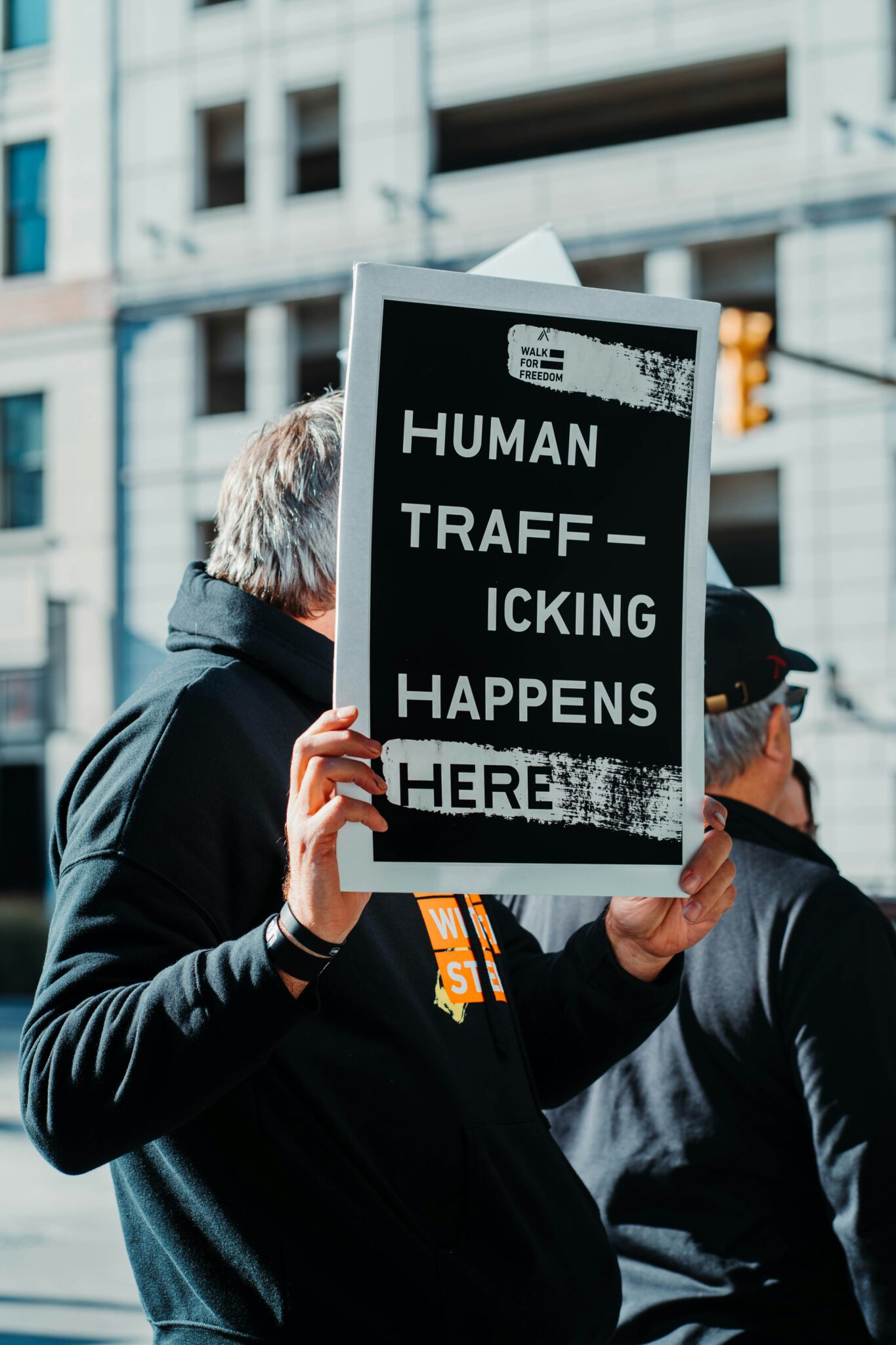Linh is a student at Harvard Law School.
In today’s labor news, the House passed law to address increased human trafficking, Starbucks was ordered to reinstate employees illegally fired for organizing, and the Ninth Circuit prepares to hear challenge to Biden’s $15 minimum wage for federal contractors.
On Tuesday, the U.S. House of Representatives unanimously passed the Enhancing Detection of Human Trafficking Act (H.R. 443) to aid the Department of Labor (DOL) in identifying labor and sexual exploitation during workplace inspections. The bill mandates training for DOL inspectors to recognize human trafficking and requires reporting cases to the Justice Department annually. Human trafficking incidents in the US have increased significantly, according to a 2023 Bureau of Justice Statistics report, coinciding with a rise in child labor violations. Despite bipartisan support for the bill, discussions continue on the necessity of broader changes to address illegal child labor.
Also on Tuesday, Starbucks was directed to reinstate 12 workers in New York and Colorado by two NLRB judges, who found the company unlawfully terminated them due to their involvement with the union. Administrative Law Judges Robert Ringler and Mara-Louise Anzalone separately ruled on labor violations, detailing instances of unlawful conduct including threats, unfair firings, and interference with union activities. Despite this, some terminations, such as that of a New York employee wearing a suicide awareness pin, were not deemed illegal by Ringler. These decisions reflect an ongoing trend of NLRB judges ruling against Starbucks, citing numerous labor law violations, including the unjust firing of over 50 union organizers and interference with board investigations.
Finally, a coalition of Republican-led states has petitioned the Ninth Circuit in San Francisco to invalidate the Biden administration’s $15 minimum wage mandate for federal contractors. The three-judge panel heard arguments in one of three separate cases contesting the legality of the wage increase, which was instituted in January 2022 through an executive order and subsequent rule by the Department of Labor. The states argue that the wage requirement exceeds the President’s authority under the Procurement Act and violates the Administrative Procedure Act and the major questions doctrine. The administration contends that the President has broad discretion under the Procurement Act to implement policies promoting “economy and efficiency.” Federal courts have reached conflicting decisions on the issue, including the Fifth and Tenth Circuits. The Ninth Circuit has yet to issue a decision on the matter.






Daily News & Commentary
Start your day with our roundup of the latest labor developments. See all
June 30
Antidiscrimination scholars question McDonnell Douglas, George Washington University Hospital bargained in bad faith, and NY regulators defend LPA dispensary law.
June 29
In today’s news and commentary, Trump v. CASA restricts nationwide injunctions, a preliminary injunction continues to stop DOL from shutting down Job Corps, and the minimum wage is set to rise in multiple cities and states. On Friday, the Supreme Court held in Trump v. CASA that universal injunctions “likely exceed the equitable authority that […]
June 27
Labor's role in Zohran Mamdani's victory; DHS funding amendment aims to expand guest worker programs; COSELL submission deadline rapidly approaching
June 26
A district judge issues a preliminary injunction blocking agencies from implementing Trump’s executive order eliminating collective bargaining for federal workers; workers organize for the reinstatement of two doctors who were put on administrative leave after union activity; and Lamont vetoes unemployment benefits for striking workers.
June 25
Some circuits show less deference to NLRB; 3d Cir. affirms return to broader concerted activity definition; changes to federal workforce excluded from One Big Beautiful Bill.
June 24
In today’s news and commentary, the DOL proposes new wage and hour rules, Ford warns of EV battery manufacturing trouble, and California reaches an agreement to delay an in-person work mandate for state employees. The Trump Administration’s Department of Labor has advanced a series of proposals to update federal wage and hour rules. First, the […]